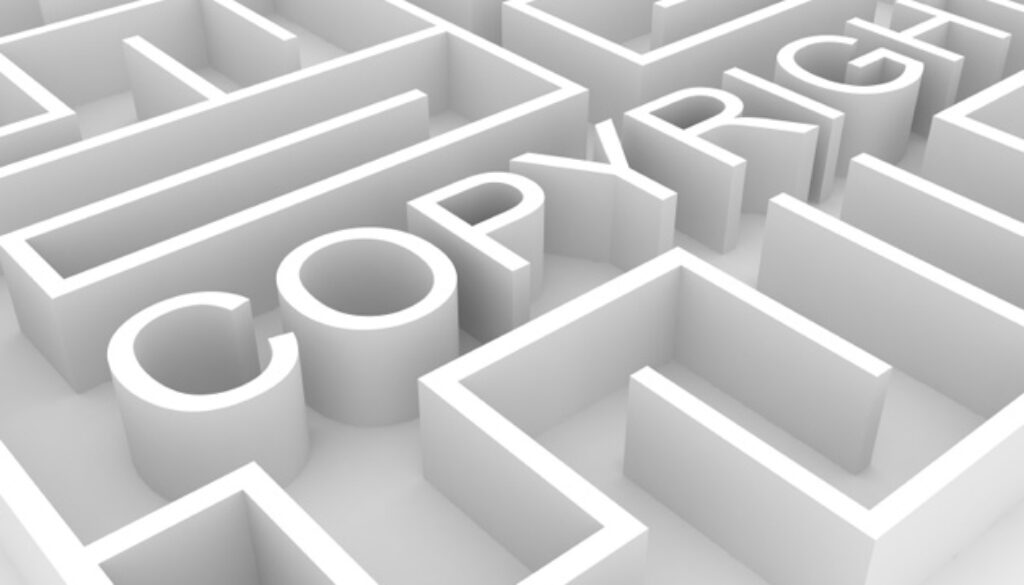How Do I Get a Copyright?
I have had several people ask me recently how they can get a copyright in their works. There is good news: contrary to some rumors, you don’t have to do anything to get a copyright! If your work is copyrightable, copyright exists in that work at the moment of creation. But what kinds of works are copyrightable?
Copyright protects original works of authorship fixed in a tangible medium of expression. This means that if you have created something, it needs to be original to be eligible for copyright protection. Originality in copyright law means that a work has to both be independently created and have a minimum degree of creativity. If it lacks either of these factors, it is not eligible for copyright; courts have held that works like databases are not eligible for copyright protection because they lack the requisite creativity. A work must also be fixed to be eligible for copyright protection. If a particular creative work was not recorded in any way, it is not protected by copyright—legally, it has not yet been created. Merely fixed in memory does not count; the fixation must occur in a tangible medium of expression such that it is possible to reproduce it—this means that 1’s and 0’s on a hard drive do count as fixation, as ephemeral as they may seem at first blush.
So if copyright exists at the moment of creation, what do people mean when they say they “have a copyright” or “want to get a copyright”? In the United States, they are generally referring to copyright registration, the process of entering a creative work into the U.S. Copyright Office’s database of copyrighted works. Registration offers several benefits to copyright holders, including:
- Establishing a public record of the copyright claim.
- Allowing copyright holders to file infringement suits in court.
- Owners of a registration can collect statutory damages and attorneys’ fees in a court action, if the registration is made within three months after publication of a work or prior to an infringement. Otherwise, the owner of the unregistered copyrighted work must prove actual damages in order to collect in court.
- Registration establishes prima facie evidence (that is, evidence that will be accepted as establishing facts unless the other side can present evidence showing that it is not true) of the validity of the copyright and any facts stated in the registration certificate, if the registration is made within five years of publication.
- Once a work is registered, the owner of a copyright can record the work with the U.S. Customs and Border Protection Service for protection against importation of infringing copies.
Because of the many benefits of protection, many copyright holders choose to register their copyrighted works. The Copyright Office has different rules and procedures for registration of different types of works, all of which are outlined on the Copyright Office website.
Interested in registering your copyrightable works but unsure how to go about it? The Law Office of Kelcey Patrick-Ferree offers copyright registration training and copyright registration services. Contact me for more detail.

